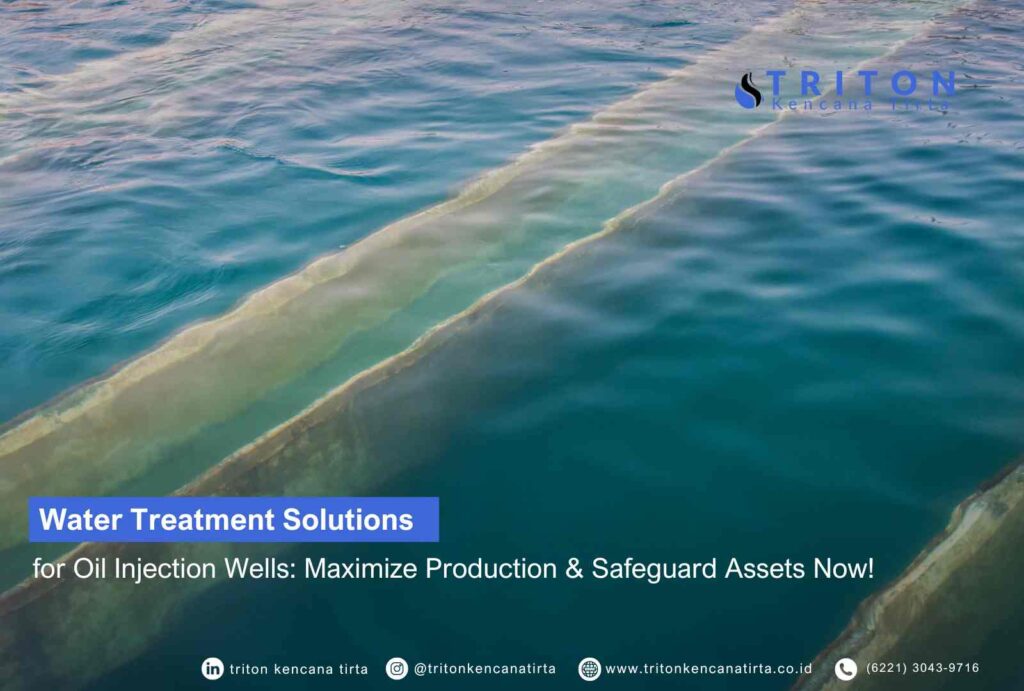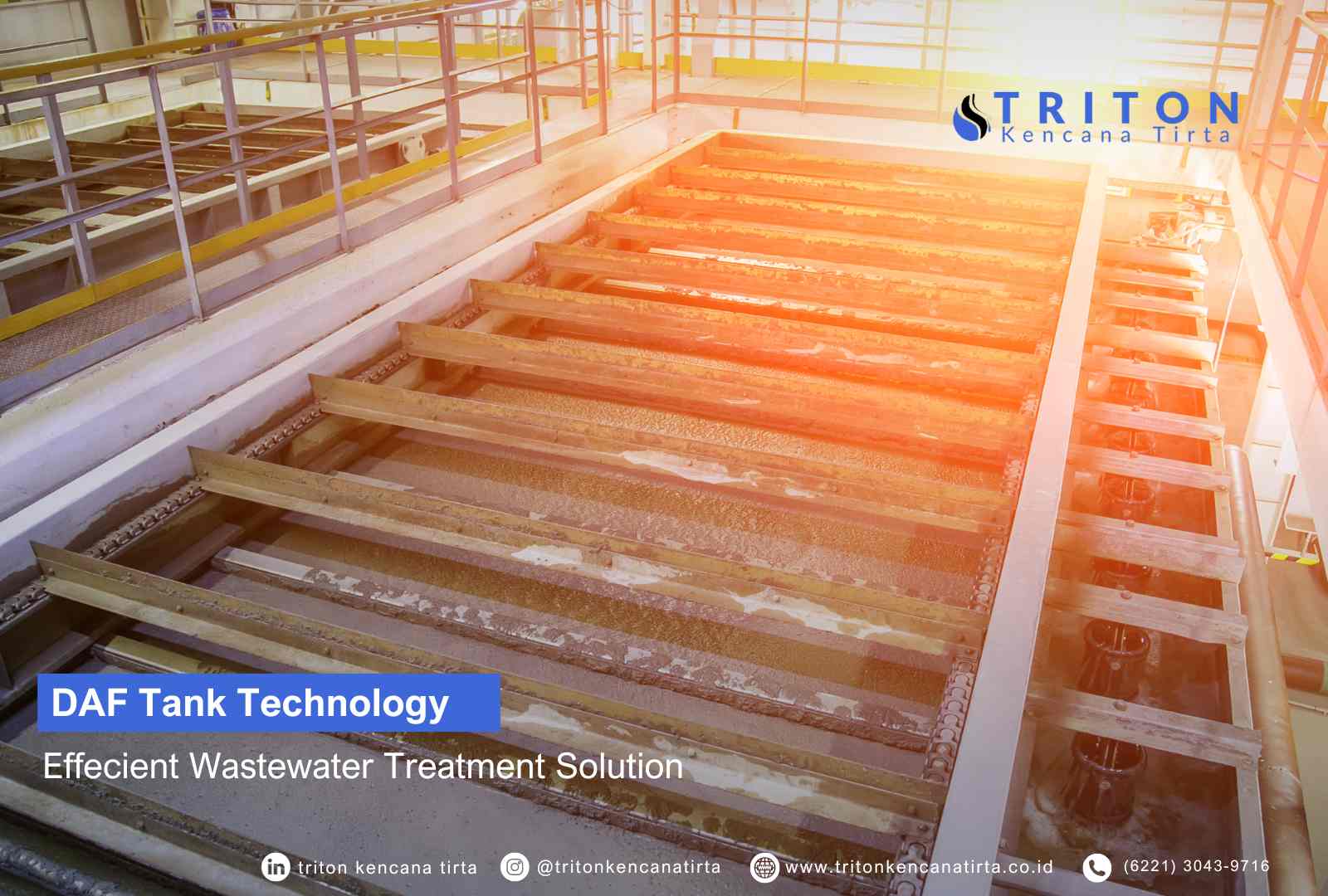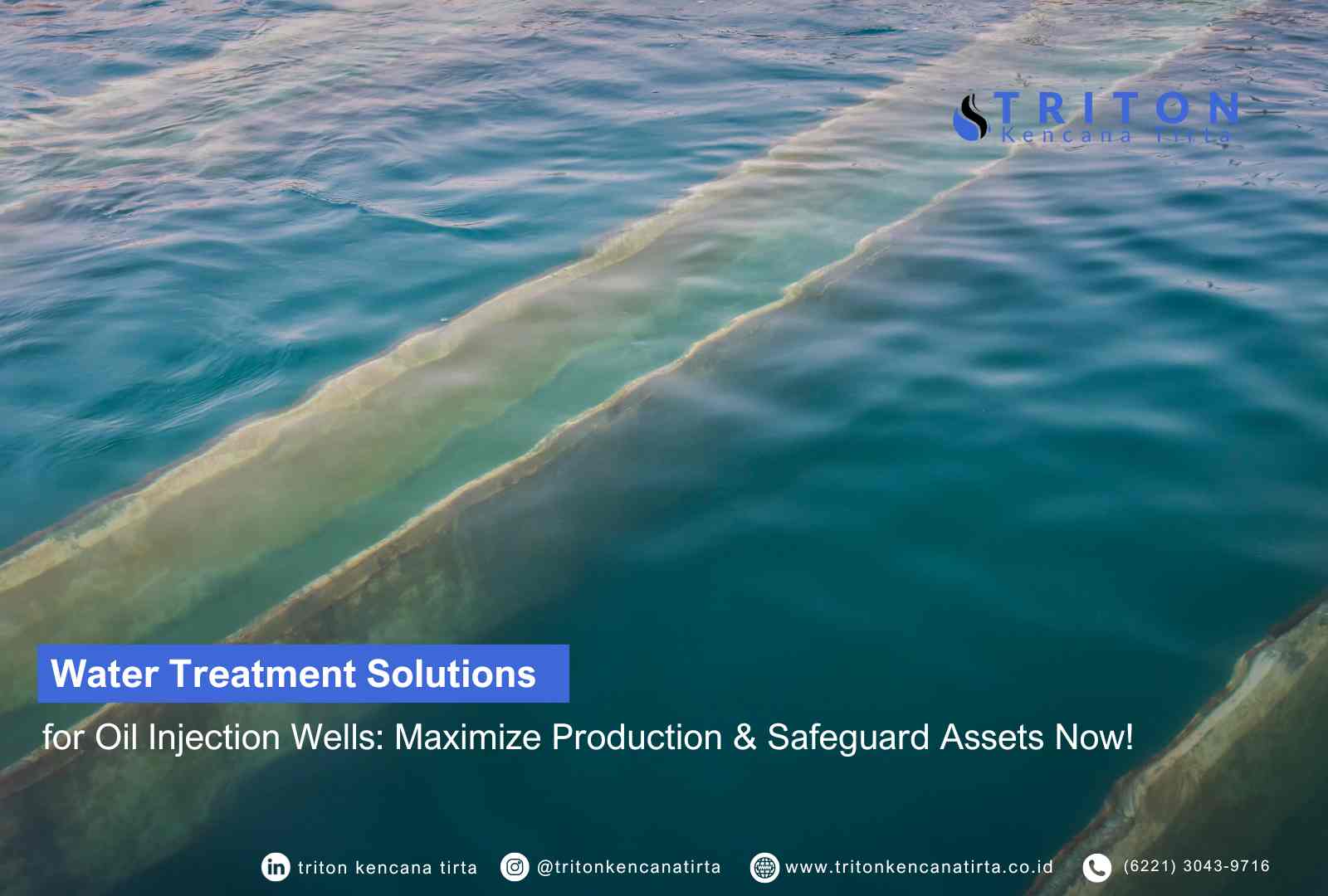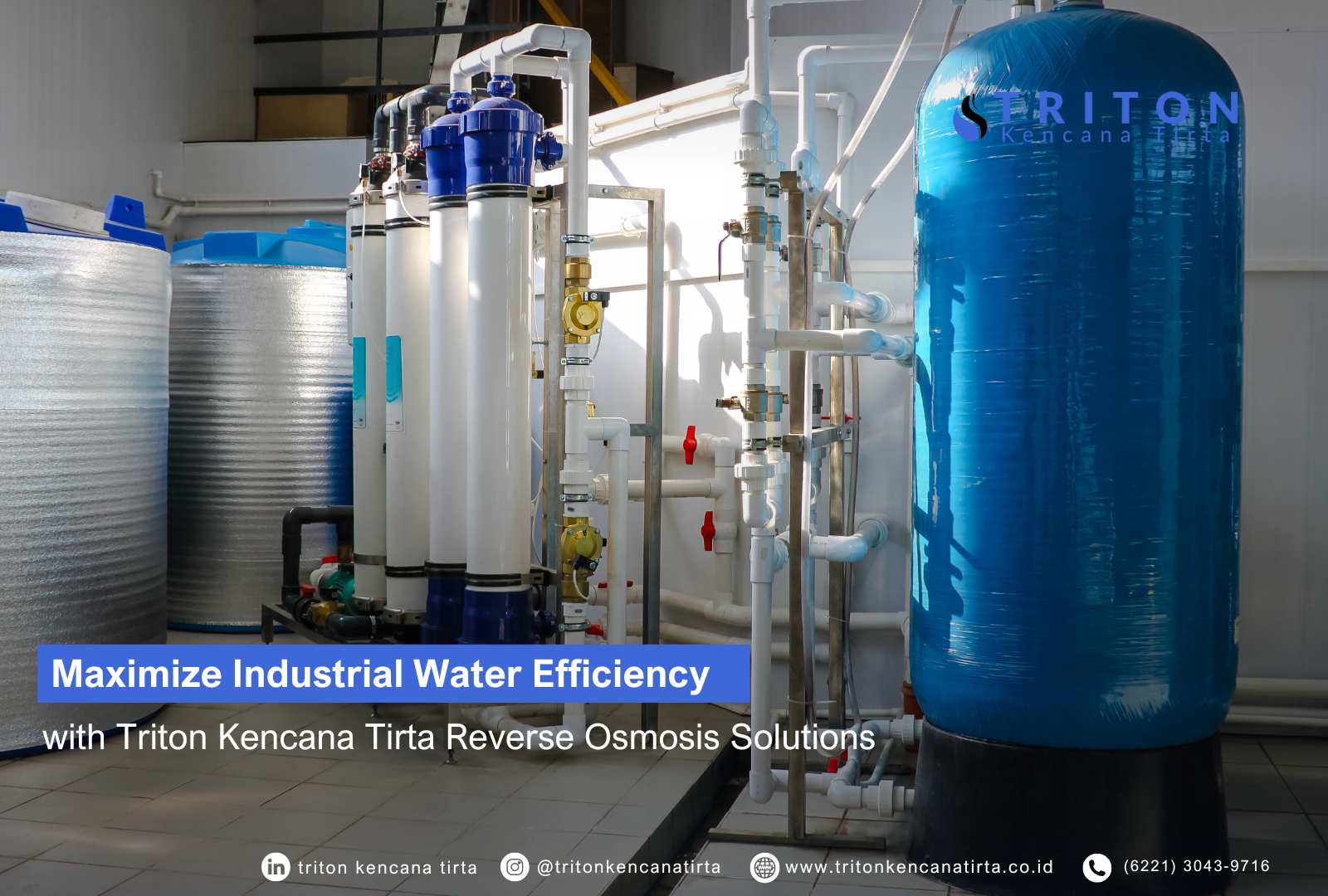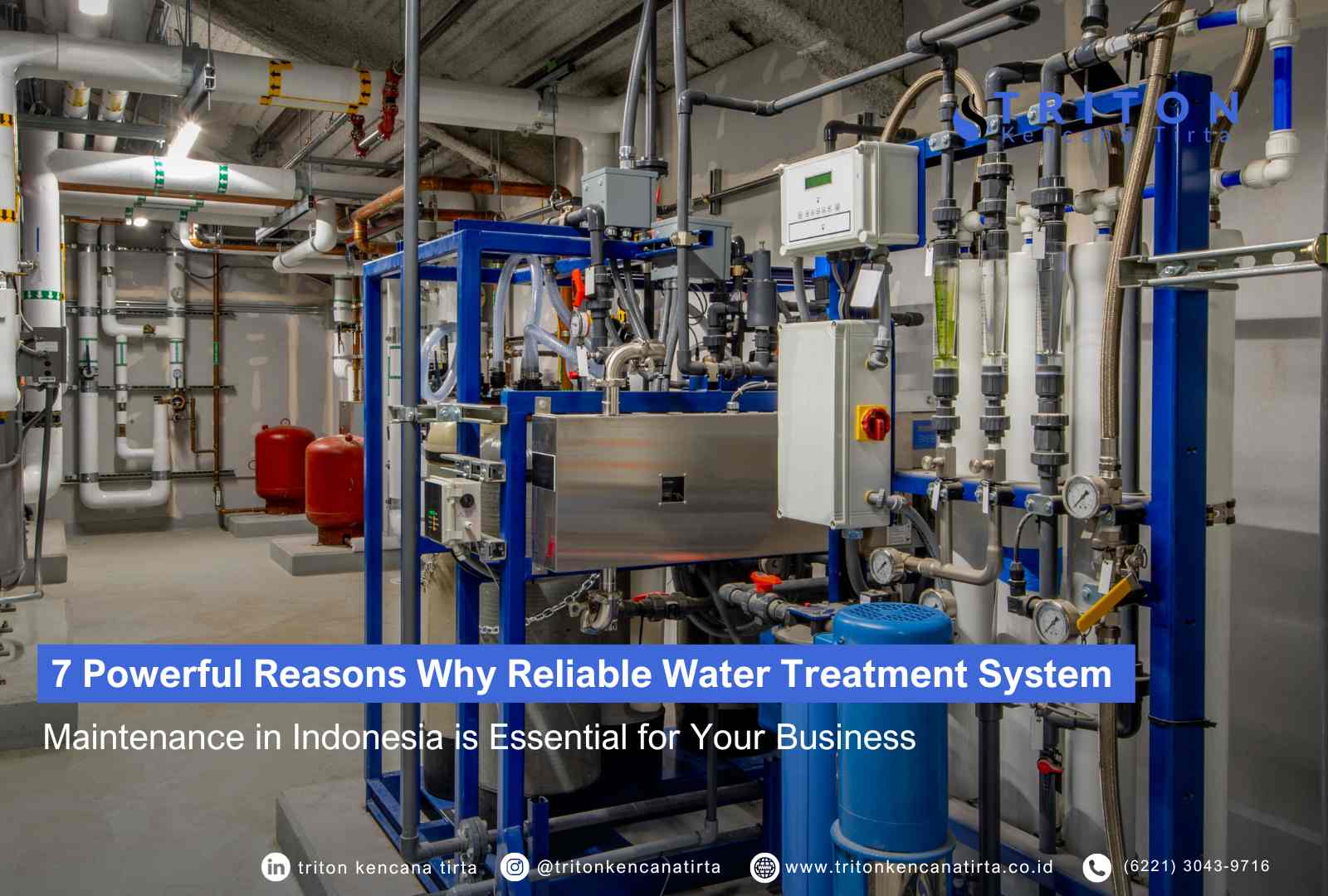As the global energy demand surges, oilfields face relentless pressure to maximize output while minimizing risks and environmental impact. One critical strategy to maintain reservoir pressure and enhance recovery rates is water injection. However, this process isn’t as simple as it sounds—untreated or poorly treated water can trigger scaling, corrosion, reservoir souring, and expensive equipment failures.
That’s why choosing the right water treatment solutions for oil injection wells is a business decision with serious consequences. In this article, we’ll uncover the best treatment options, discuss the science behind each method, answer the most frequently asked questions, and spotlight why partnering with a proven provider like Triton can transform your field operations. Ready to protect your assets and maximize your returns? Read on and take action today.
Why Water Treatment Matters in Oil Injection Wells
1. The Risks of Untreated Water
Injecting untreated water into oil reservoirs can be catastrophic. Common issues include:
-
Scaling: Mineral deposits can plug wells and pipelines.
-
Corrosion: Leads to pipeline and equipment failure.
-
Biological fouling: Microbial activity can sour the reservoir and increase operational costs.
-
Reduced oil recovery: Impurities in water reduce sweep efficiency and overall yield.
According to industry studies, over 65% of injection well failures are caused by poor water quality. This makes water treatment not just an operational best practice, but a profit-saving necessity.
2. Key Objectives of Water Treatment
The main goals are clear:
-
Prevent scaling, corrosion, and fouling
-
Ensure long-term reservoir health
-
Maximize oil recovery rates
-
Comply with environmental and industry standards
Top Water Treatment Solutions for Oil Injection Wells
1. Filtration Systems
Mechanical filtration removes suspended solids, sand, and silt that can clog the reservoir and surface equipment. Options range from simple sand filters to advanced automatic backwashing systems.
2. Deaeration
Oxygen in water accelerates corrosion and encourages microbial growth. Deaerators—using vacuum towers or chemical scavengers—are essential to reduce oxygen content before injection.
3. Chemical Dosing
Precise chemical injection (corrosion inhibitors, biocides, scale inhibitors) ensures ongoing protection against fouling and scaling, even as conditions in the reservoir change. Automated dosing can be integrated for real-time adaptation.
4. Membrane Filtration
For higher purity, membrane technologies such as reverse osmosis (RO) and nanofiltration offer removal of dissolved ions, bacteria, and organics. These systems are increasingly popular for their efficiency and reliability.
5. Media Filters
Multi-media filters use layered beds of gravel, sand, and anthracite to achieve deeper contaminant removal, especially useful in challenging field conditions.
6. Ultraviolet (UV) Disinfection
UV treatment offers a powerful, chemical-free method for eliminating bacteria and viruses, protecting wells from biological contamination.
7. Customized Water Treatment Injection Plant Solutions
An integrated water treatment injection plant offers end-to-end purification, combining multiple treatment steps for the best outcome. These solutions are tailored for each oilfield’s unique water chemistry, ensuring maximum protection and compliance.
Frequently Asked Questions
What is the best method for treating injection water in oilfields?
No single method fits all. The best solution combines filtration, deaeration, and chemical dosing—often delivered via a custom-built injection plant designed to your water’s specific composition.
How does water quality impact oil recovery?
Poor water quality leads to scale, fouling, and reservoir plugging, all of which lower oil recovery rates. Investing in treatment directly boosts production efficiency and asset longevity.
What are the environmental benefits of effective water treatment?
Effective treatment minimizes the risk of spills, contamination, and legal penalties. It also aligns your operation with global sustainability goals.
Can modern water treatment plants reduce operational costs?
Absolutely. Reliable systems from Triton minimize downtime, reduce chemical use, and extend equipment life—delivering measurable ROI.
5 Expert Tips for Choosing the Right Water Treatment Partner
-
Look for Proven Industry Experience: Providers with oil & gas expertise, like Triton, understand field realities and regulatory demands.
-
Insist on Tailored Solutions: Generic systems rarely deliver consistent results. Opt for a custom-engineered approach.
-
Verify Support & Service: Responsive technical support ensures rapid troubleshooting and system optimization.
-
Check for Automation Integration: Modern plants should enable remote monitoring, real-time alerts, and adaptive dosing.
-
Demand Clear ROI Metrics: Choose partners who can demonstrate how their solutions will improve your operational and financial outcomes.
Conclusion
The future of profitable, safe, and sustainable oilfield operations relies on making smart, proactive choices today. By investing in robust water treatment solutions for oil injection wells, you protect your assets, enhance recovery, and safeguard the environment. If you’re ready to upgrade your system, consult with Triton for expert support and turnkey solutions tailored to your needs.
More article :Maximize Industrial Water Efficiency with Triton Kencana Tirta Reverse Osmosis Solutions


